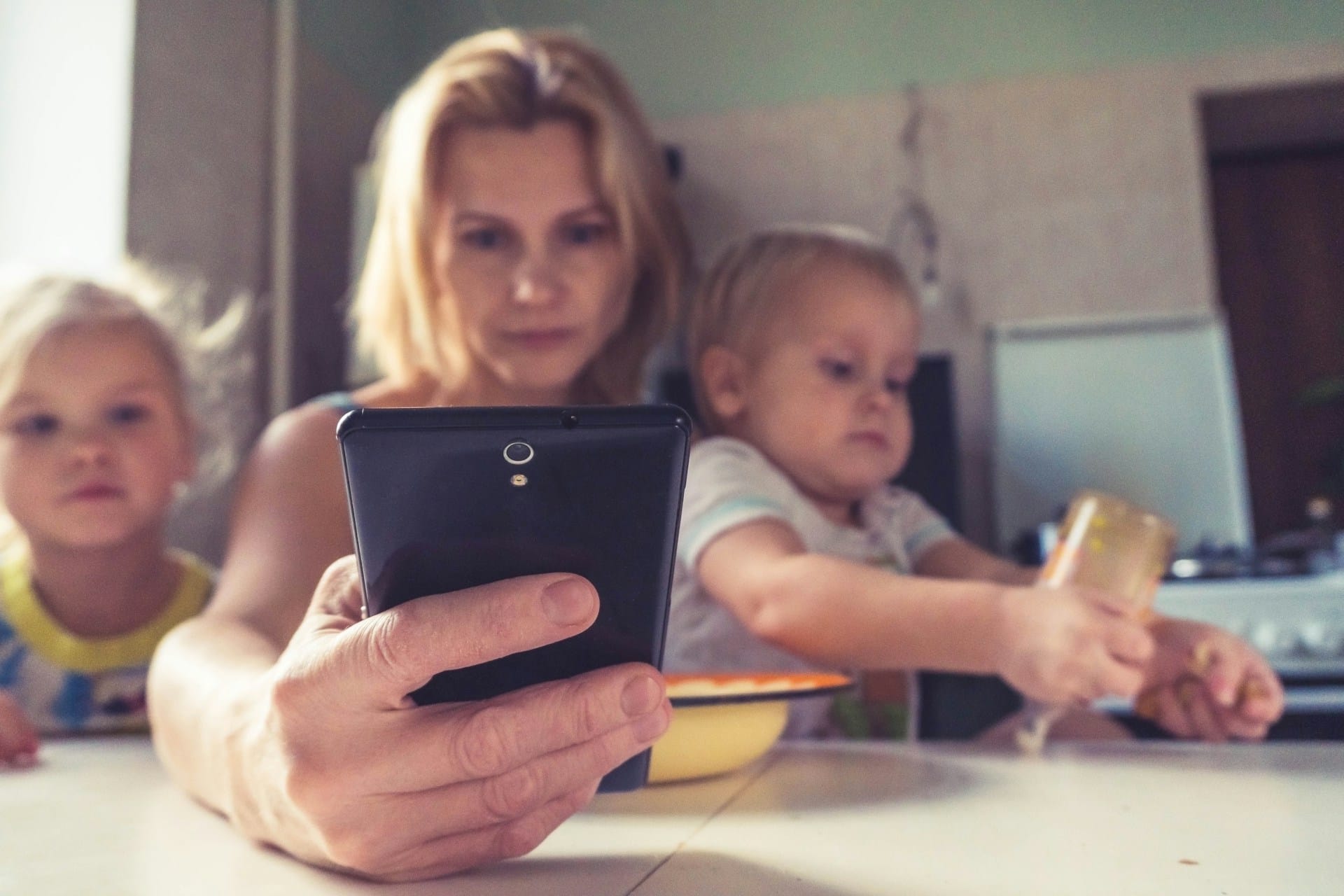Lately, I’ve been sitting with this question. As therapists, we urge our clients—and let’s be honest, ourselves—to “practice self-care.” We say it with the best of intentions. We want everyone to feel grounded, stable, and resourced. And all of that is well and good—important, even! But recently, the phrase has started to sound… hollow. Overused.…
Self Care
Between Sessions: Our Favorite Recent Reads
Few things beat the simple pleasure of sinking into the couch with a book that grabs you and doesn’t let go. We’d like to share with you Wildflower therapists’ most recent favorites, ranging from fiction to non-fiction, heartwarmingly tender to laugh-out-loud funny—books that moved us, made us think, and kept us turning the pages late…
The Overwhelmed Working Parent: Finding Space to Breathe
As a working parent, I know firsthand how relentless the demands of life can feel. It’s as if there’s an endless ticker tape of tasks running through your mind: emails to answer, meals to prepare, forms to fill out, and let’s not forget the mental gymnastics required to ensure you’re giving your kids the best…
Values-Based Resolutions: How to Set Goals You Can Actually Achieve
At the end of each year, many of us find ourselves reevaluating habits that we feel are not benefiting our mind, body or soul. We see the upcoming new year as a chance to turn an unhelpful habit into one of value. When the new year begins we feel motivated with a fresh sense of…
Something Better Than New Year’s Resolutions
As the new year rolls in, many people embrace the tradition of setting New Year’s resolutions, often aiming to lose weight, exercise more, or quit troubling habits. These goals initially feel like an empowering way to start fresh, but can prove stressful and difficult to maintain. Most people abandon them by the end of January.…
The Power of a Digital Detox for Revitalizing Your Relationships
With screens becoming almost an extension of ourselves, the idea of a digital detox—deliberately minimizing or eliminating screen time—may seem challenging. However, embracing this concept can significantly enhance our relationships with ourselves, our partners, children, and everyone in between, while improving our overall mental well-being. Why consider a digital detox? While our digital devices do…
Embracing Your Winter Arc: A Guide to Seasonal Self-Care
The latest social media trend, the “Winter Arc Challenge,” encourages people to jumpstart their “New Year, New Me” goals as the seasons begin to shift. This challenge emphasizes self-discipline, restoration, and goal-setting through a set of structured guidelines. Though rules vary, popular videos on TikTok often feature routines that include rigid workout schedules, specific dietary…
Psychotherapy at Wildflower: 15 Ways It Can Make You a Better Person
Psychotherapy is not only about dealing with the negative and painful parts of your life. If you are willing to put in the work, psychotherapy can make you a better person in more ways than we can count. Here are 15 of them: We invite you to learn more about the myriad way psychotherapy can…
May Your Days Be Merry and Bright: A Therapist’s Take on Navigating the Holiday Season
The holiday season has arrived like an unexpected snowstorm, announcing itself with a burst of shopping frenzy and festive chaos, sweeping us up before we can catch our breath, pack away our summer sneakers, and button our coats. Every November, like clockwork, I’m surprised by how swiftly this time comes. ‘It was just September!’ I…
Thanksgiving and Mental Health: Setting Boundaries around Challenging Family Dynamics
With Thanksgiving right around the corner, we may find ourselves filled with a range of emotions from excitement to frustration to sadness and perhaps even dread. Holidays like Thanksgiving that tend to focus on relationships with our family of origin, can generate feelings of shame and isolation for those who have chosen to place boundaries,…











